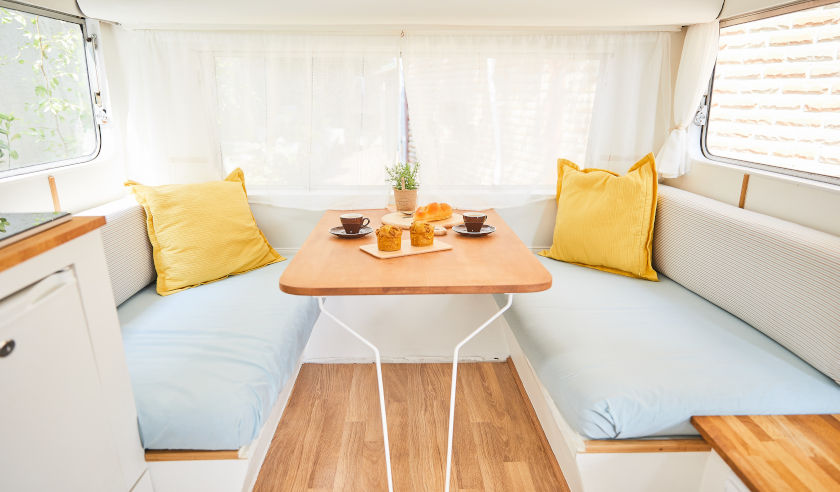For most of us, being able to cook and stay warm and safe are essential to a comfortable caravanning holiday, so it is vital to ensure your gas appliances are properly maintained and inspected. As with domestic properties, most static caravans today are fitted with gas appliances which must, by law, be installed in accordance with prevailing gas safety requirements, that is they must be installed by a Gas Safe registered individual.
What is the Gas Safe Register?
In 2009, the Gas Safety Register replaced CORGI and is now the only gas registration body in Great Britain. It is the official list of appropriately trained and qualified businesses and engineers who are able to install and maintain gas appliances to the standards of the HSE (Health & Safety Executive). As well as listing qualified engineers, the register promotes safe practices within the gas industry and is able to investigate cases of unsafe practice.
How can I find a Gas Safe registered engineer?
It is important to do some research before instructing an engineer to carry out work in your caravan. You can check the Gas Safe Register online (here) to find registered tradespeople in your postcode area, or if you have a business in mind, you can also check to see if it is registered.
How do I check my engineer’s credentials?
All Gas Safe registered engineers are required to carry a two-sided Gas Safe identity card, which proves they are on the register. Always check this ID card before the engineer starts work and never assume that just because a work van is displaying the Gas Safe Register logo, the company or person is registered.
What to look for on a Gas Safe Register identity card
On the front of a Gas Safe identity card:
- The registered person’s photograph – check the photograph matches the person who has arrived at your property.
- Company name – make sure the business name is the same as the company you contacted to carry out the work.
- Dates – the start and expiry dates will be shown so ensure the card is still in date and valid (Gas Safe registered engineers are required to renew their licence every year).
- Gas Safe security hologram – official identity cards feature a hologram with the Gas Safe logo on it.
- Licence number – each registered engineer has a unique licence number which is embossed across the card.
Details on the reverse of the identity card:
The back of the card will show the qualifications of the card holder. Not all engineers are qualified to carry out all work, so check the qualifications against the job you have hired them to do. The qualifications listed will also have an expiry date so it is important to check that these are all still valid. There are two categories listed on the reverse of the cards – one is domestic work and the other is commercial. It is important to ensure that your chosen Gas Safe registered engineer has the correct qualification for the work you require. If you are uncertain, you can check the differences between the two categories here.
Gas Safe registered engineers are used to being asked to show their ID, so if they are reluctant to do so, or if any of the card details are missing or inaccurate, do not let them enter your property and do not let them carry out any work.
After the job is complete
Once the work has been carried out, your engineer should supply all relevant documentation and you can request an inspection of the work by the Gas Safe Register.
Gas safety and caravans
If you own a static caravan on a rented site, gas safety regulations require you to renew your gas safety certificate every year, and a copy of the certificate must be made available to the site. Additionally, if you rent your caravan out, regardless of whether it is just to family and friends, you must obtain a CP12 Landlord’s Gas Safety Certificate, just as if you were renting out a bricks and mortar property. It is the responsibility of the caravan owner to organise the annual gas certificate, although some sites will be able to arrange this if work is not carried out within the agreed deadline, and pass the cost on to the caravan owner.
Incorrectly installed or poorly maintained gas appliances and flues can lead to carbon monoxide poisoning, which sadly accounts for approximately 14 deaths every year. The Health & Safety Executive states that you are at greater risk of carbon monoxide poisoning if “you allow an engineer who is not on the Gas Safe Register to install or maintain your appliances.” The few minutes it takes to check the register, could be the best few minutes you ever spend.

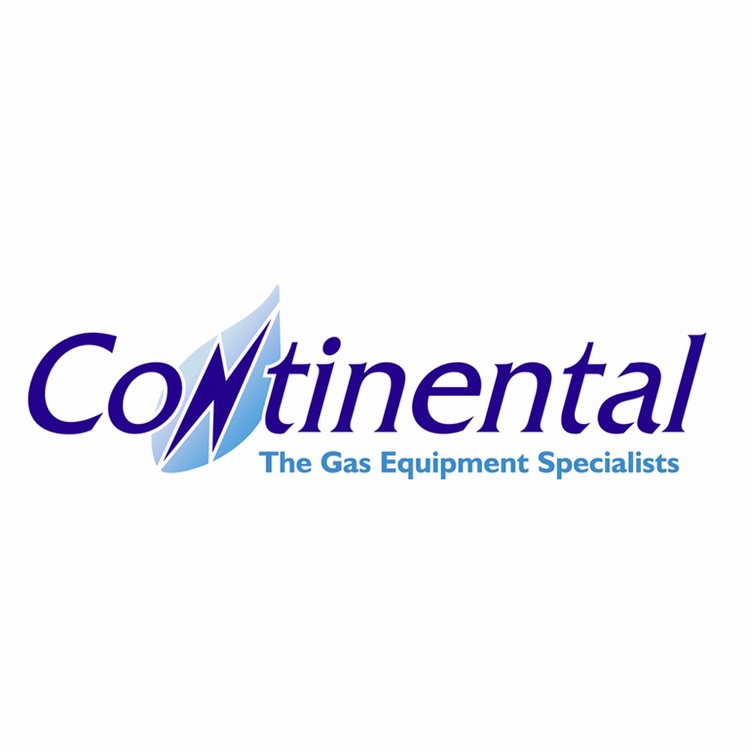
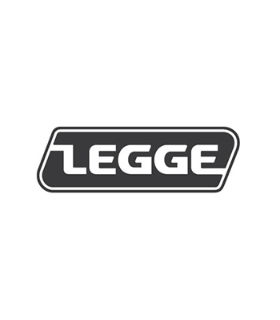









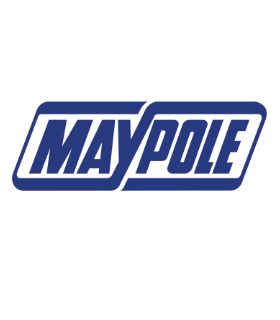
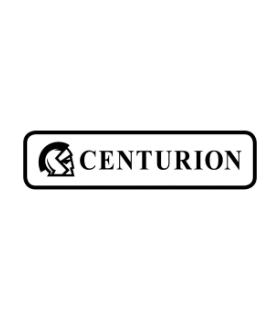



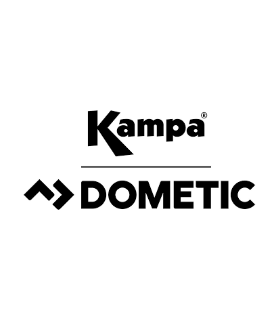


.jpg)
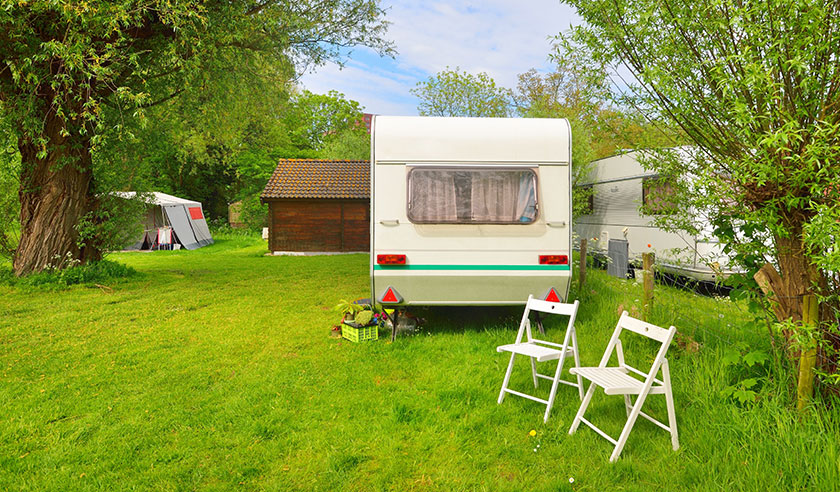
.jpg)
